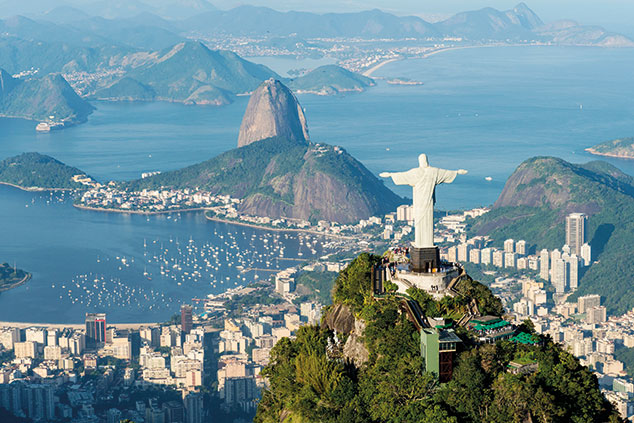
Emerging-markets investors have turned their guns on Latin America’s biggest economy, sending the Brazilian real to a two-year low against the dollar and wiping 15% off the stockmarket in three weeks. The resignation of Pedro Parente, the head of the state-owned oil giant Petrobras, made “management competence look like an ephemeral blip of commonsense rather than a new beginning”, as Martin Langfield notes on Breakingviews. More broadly, the episode also made clear that Michel Temer is a “lame-duck” president whose pro-business reforms to boost growth and reduce Brazil’s chronic overspending have run into the sand.
Parente took the rap for a lorry drivers’ strike that had paralysed much of the economy. He had ended the long-standing policy of subsidising fuel prices, allowing them to track the market. That reduced government spending. Now diesel prices have risen along with global oil prices, and Temer has bought off the lorry drivers by freezing diesel prices for two months.
Upending Parente’s reforms at Petrobras “portends longer-term difficulties in righting Brazil’s finances” – especially because Temer is too unpopular to run in October’s presidential election, and a ragbag of populists are competing for the prize. The current favourite, Jair Bolsonaro, “has been drubbed the Trump of the Tropics”, says Craig Mellow in Barron’s. It’s hard to tell what his policies are.
The upshot is that we can expect scant progress on “pruning an overgenerous pension system”, which is one of the key reasons Brazil is overspending and rapidly racking up public debt. The government owes 74% of GDP and overspent by 8% of GDP last year.
It’s not that bad
Still, investors may be overreacting. The political backdrop is certainly inauspicious, but progress always comes in fits and starts. And Temer did manage to loosen labour regulations and introduce legislation to phase out subsidised lending for companies, a major drain on taxpayers. He successfully implemented a 20-year public-spending ceiling and increased the central bank’s autonomy. He also embarked on a privatisation spree.
The short-term economic outlook is improving. The business cycle has turned after the worst recession in a century, with GDP expected to expand by 2.3% this year. A buoyant global economy implies healthy demand for Brazil’s many soft and hard commodities.
What’s more, the current turbulence is arguably in the price. Brazil’s cyclically adjusted price-earnings ratio of 14.5 means it is now one of the world’s cheapest major stockmarkets. The latest price decline could well prove a buying opportunity.